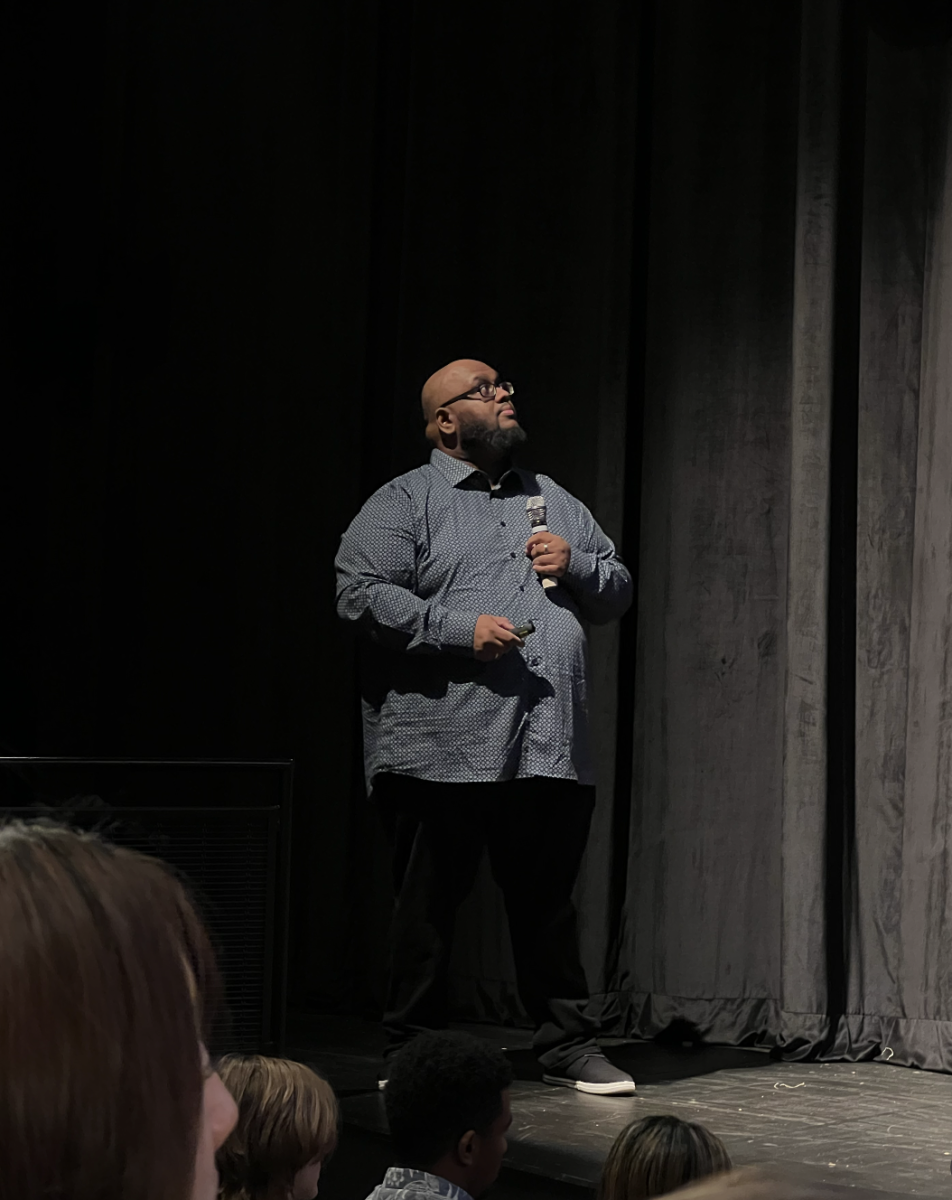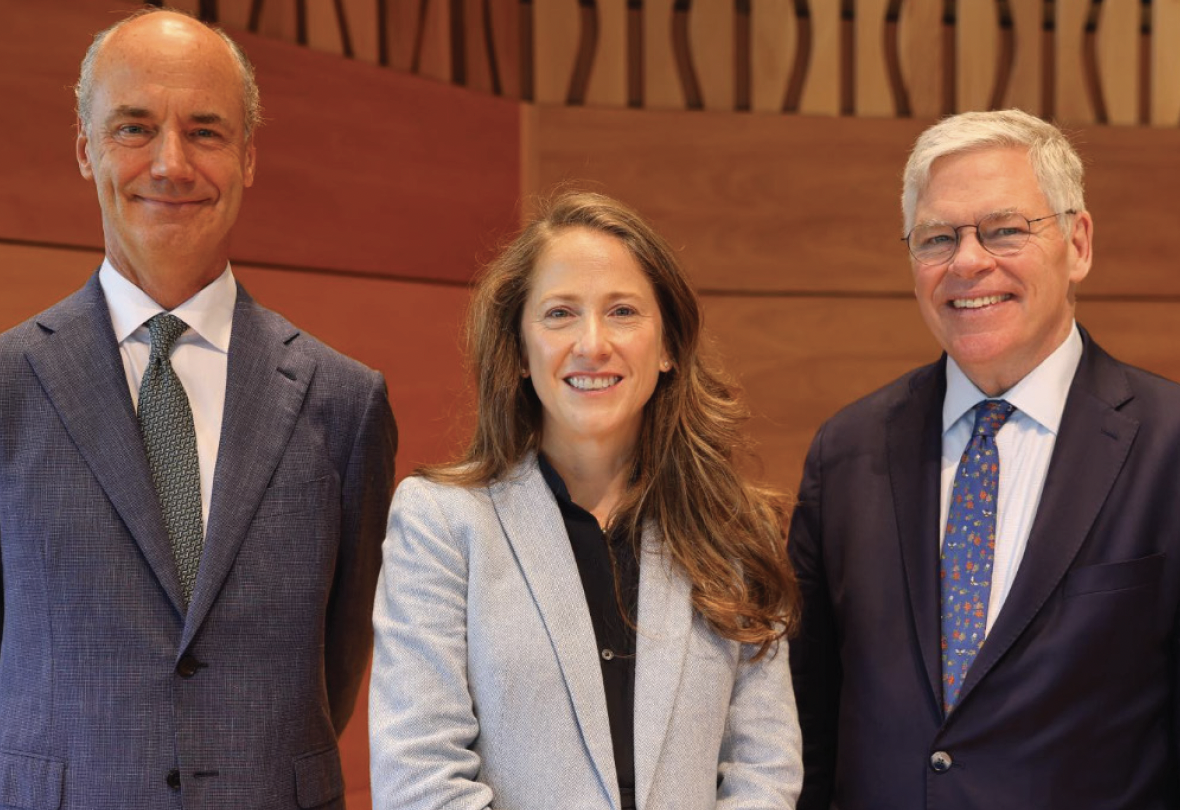As part of the school’s effort to support mental health, Jeff Perera, an international speaker on healthy masculinity, spoke in an all-school meeting on October 11, met with male-identifying athletes on the previous night, and addressed the faculty on October 12.
Mr. Perera’s work centers around ending gender-based violence and educating communities about how to break the cycle of toxic masculinity. He said, “Why is our language of manhood led by ideas of violence and the empowerment of holding power over people? I am interested in helpful ideas of manhood versus harmful ideas of manhood.”
Mr. Perera attributes his interest and dedication to resolving gender inequality to early experiences with domestic violence in his family. Mr. Perera said, “This experience opened my eyes to the reality of women and girls, as well as gender diverse people; however, it also diverted my attention to what this society has done to men.”
Mr. Perera was inspired by his interactions with community members. “It can be hard to maintain hope — almost overwhelming. However…meeting the students who are here that are fired up and passionate about changing the world gives me hope for the future,” he said.
Ms. Christina Cooper, the sexual misconduct prevention and response coordinator and the coordinator of Mr. Perera’s visit, hoped that Mr. Perera’s message would help community members examine and reject entrenched gender stereotypes that are reinforced by the culture on campus. She said, “It is important to allow yourself to be who you want to be and who you are. I don’t think it’s good to be taught the stereotype that boys can’t be vulnerable or can’t cry. Similarly, I don’t think that girls who are assertive and strong should be viewed negatively.”
While students believed such a talk was appropriately topical, some had issues with its delivery. Grace Beatty ’24, head of Bring Change to Mind, said, “[Perera] provided few substantive comments and spoke mainly in metaphors. As well, the talk was very difficult to participate in as a female because it was primarily focused on the idea of “manhood,” and failed to include the female voice and perspective.”







